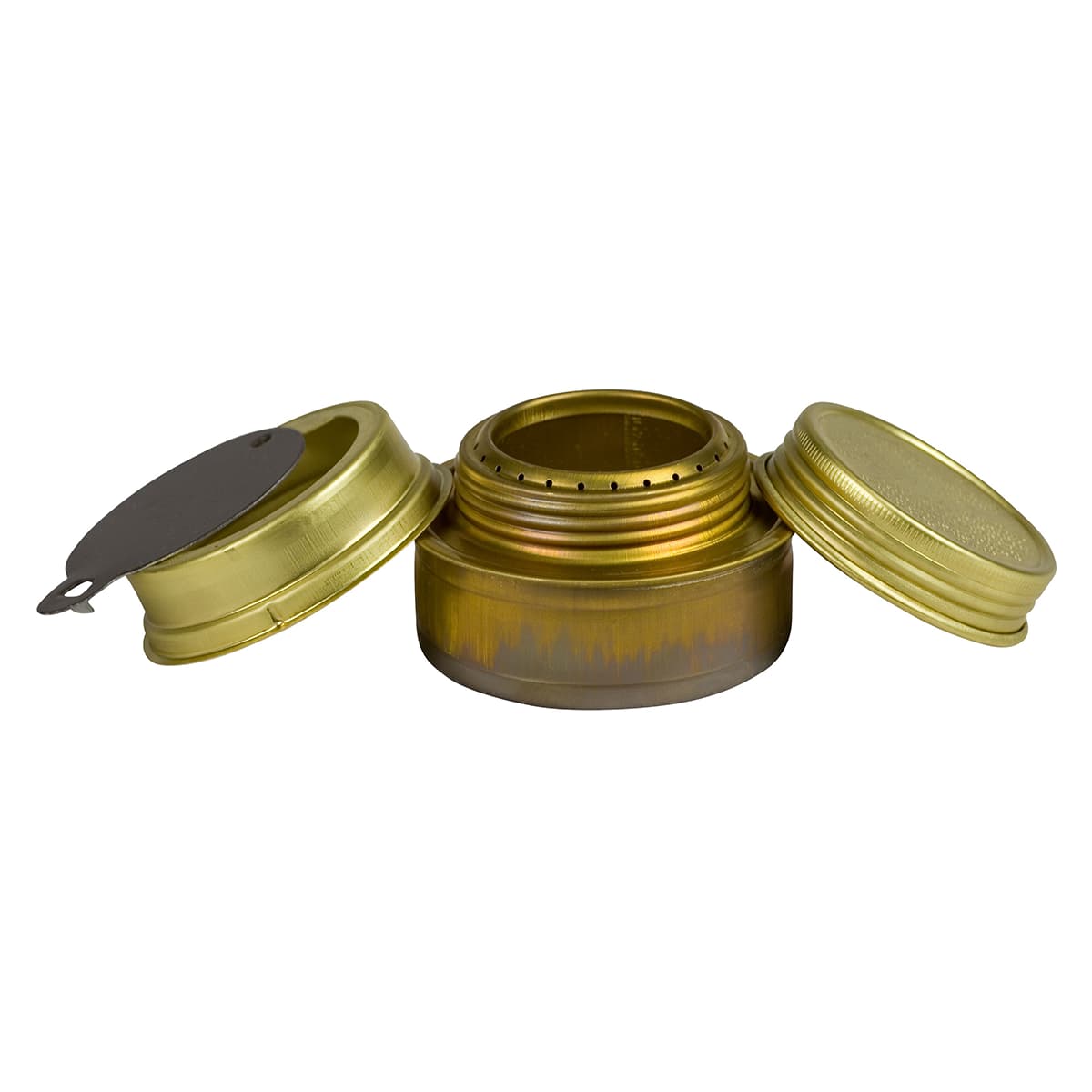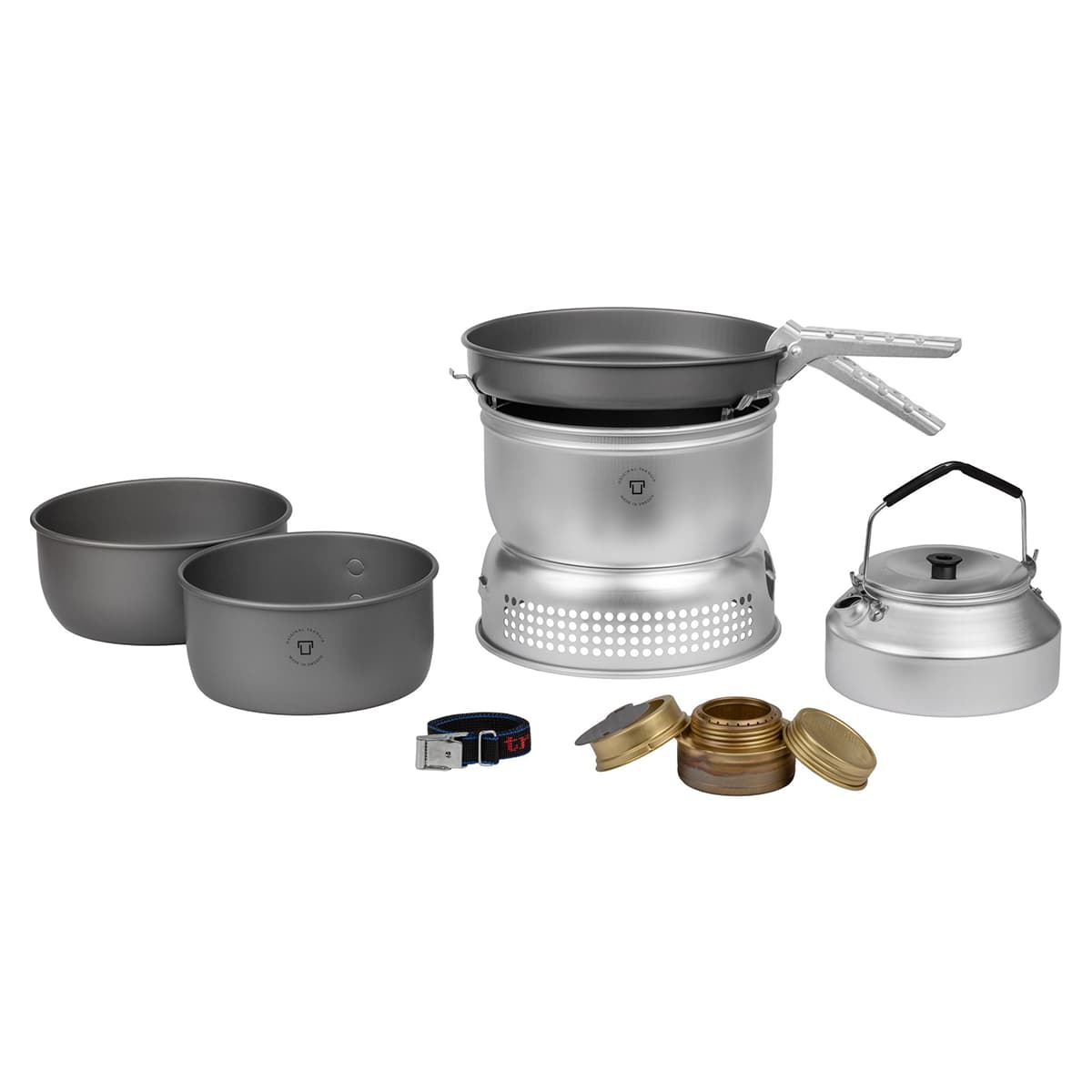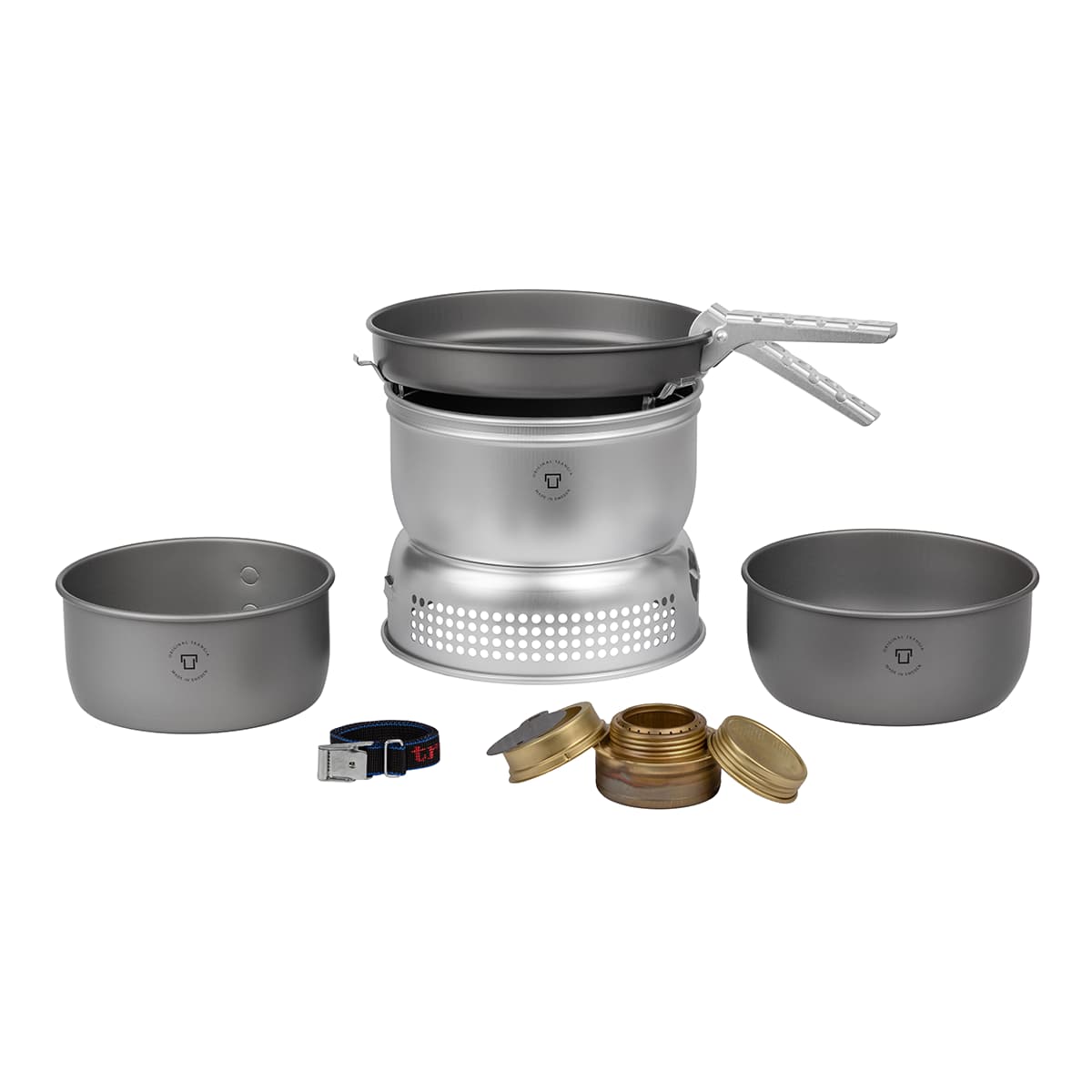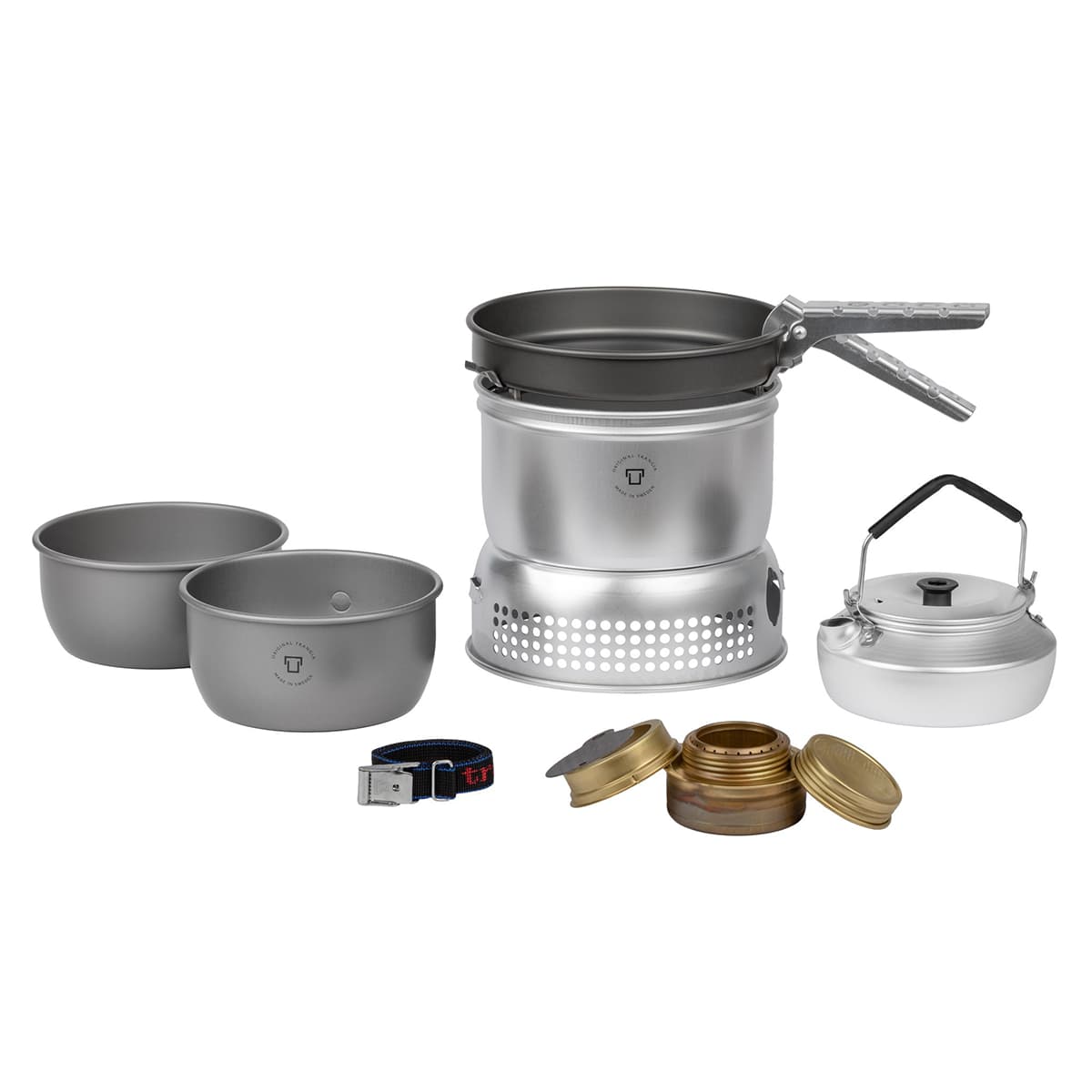Best Fuel For Trangia Stoves
Hello and welcome to The Canadian Outdoor Equipment Co's Vlog. I'm Tim, and today we'll be exploring available fuel types for Trangia alcohol stoves.
Trangia stoves can be adapted to burn many different fuel types including methanol, ethanol, isopropyl alcohol, isobutane, white gas, kerosene, jet fuel, and gasoline. This makes it highly adaptable for traveling in many different climates and conditions all over the globe.
Stock Trangia burners burn fuel alcohol. One of the confusing aspects of alcohol stoves is that there is a variety of names for fuel alcohols depending on type and country. For the purposes of this vlog, we're dealing with fuel types readily available in Canada.
Fuel Types
Methyl Hydrate
Known internationally as methanol, meths, or wood alcohol, methyl hydrate is widely available at paint and hardware stores in Canada. This fuel alcohol is cheap: about $2.50/L at the release of this vlog, vs about twice that for naptha or white gas, offers high power density, and burns cleanly with no soot. A tip: buy the larger 4L container, as you'll pay about 80% more buying it one litre at a time. Methyl alcohol, like most fuel, is poisonous, so care should be taken to keep it out of waterways, and you should avoid spilling it on your skin.
Marine Stove Fuel
Marine Stove Fuel is also referred to as de-natured alcohol. Methanol is poisonous, but ethanol is the same alcohol we consume in alcoholic beverages. To ensure that customers are burning their fuel alcohol, and not drinking it, fuel ethanol is de-natured (which means it's been poisoned) by adding methanol to it. Marine stove fuel burns cleanly as well, and produces no soot.
Ecohol
Ecohol is also de-natured alcohol (ethanol with methanol added). Ecohol also burns cleanly, and produces no soot.
Fondue Fuel
This is de-natured alcohol too. Ethanol with methanol and colour added, the big advantage to this is that it can be used indoors - great for making tea or dinner when there's a power outage. Widely available in grocery and hardware stores, fondue fuel burns cleanly and produces no soot.
HEET
HEET is alcohol based gas line antifreeze. I know a lot of people stateside use this as their go-to alcohol fuel, but I don't really recommend it, as in addition to alcohol, there are fuel additives added, that aren't very healthy when paired with food preparation. It can be used however, in an alcohol burner.
Isopropyl Alcohol
Isopropyl alcohol is also known as rubbing alcohol. This can be used, but produces a lot of soot, which means a messy cleanup after cooking dinner. Tales abound on the Internet of being able to add a teaspoon of water to rubbing alcohol to make it burn cleanly, but I've never been able to get it to work…..I think that one should be filed under “alcohol stove urban legends”. If you are using isopropyl alcohol, there are two concentrations: 70% and 99%. Both will burn in warm weather, but only 99% will burn in cold weather. Rubbing alcohol is widely available at drug stores, but should be considered a second string fuel, as it doesn't burn cleanly, or as hot as methanol and ethanol.
Alcohol Based Gel Fuel
Alcohol based gels: while these can be used in standard Trangia burners, they don't burn very efficiently as they don't use the double wall and wick to produce vapour jets. Trangia has developed a gel fuel burner specifically for this type of fuel, however, it does produce longer cook times. If you happen to find yourself stranded with only hand sanitizer for fuel, it is possible to use it as fuel to boil water in an emergency situation.
Now, a couple of tips regarding using alcohol: when first lit, or when fuel is low, alcohol can burn with an invisible flame, so it's a good idea to feel for heat before adding fuel, or moving the burner.
Adapters for Trangia Stoves and Cooksets
Now, if alcohol is not to your liking, or if you have an existing burner you'd like to integrate into a Trangia system, Trangia does offer other burners and adaptors for use with non-alcohol fuel sources.
Isobutane Adaptor
Trangia makes an isobutane adaptor for use with gas canisters. Great for boiling up tea fast in the morning, or rehydrating freeze dried food, it's very convenient and quick and easy to use.
Multi Fuel Adaptor
Trangia produces a multi-fuel burner that can use naptha aka white gas aka camp fuel, gasoline, diesel, kersone or jet fuel along with isobutane canisters. This unit basically does all fuels except for alcohol. This is ideal if you're travelling internationally in remote areas, and are unsure of available fuels.
Do you have an Optimus or Primus burner, and would like to use it with a Trangia cookset? Trangia's Primus adaptor makes it possible. This can also be used with Optimus' new Opti-fuel burner which can use white gas, gasoline, diesel or jet fuel, propane, butane, or isobutane canisters.
So there you have it. My personal preference is alcohol fuel, as it's quick, easy, and quiet, with no residue or soot to clean.
Ok,time for some tea……





